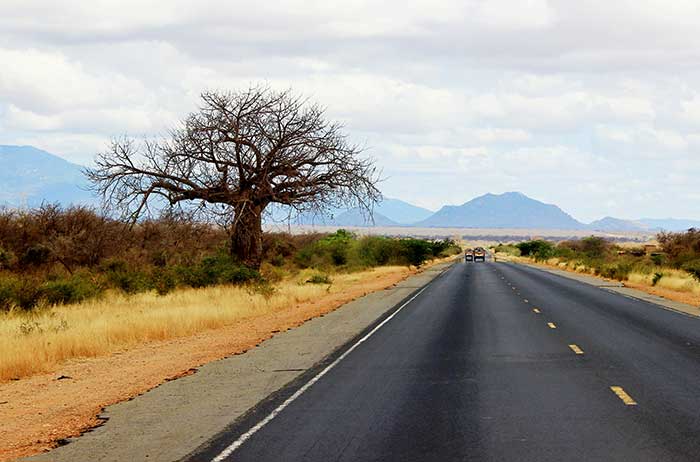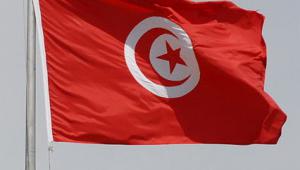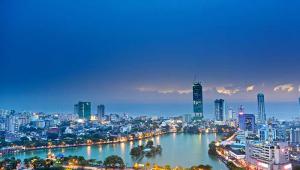web_mainroadkenya_shutterstock_149732558.jpg

A road in Kenya
The World Bank has also approved a range of support for infrastructure projects in several other African nations.
It is hoped the AfDB-backed works, which will begin this year and are expected to be completed in 2019, will reduce travel time by half and cut the costs of driving between the Kenyan towns of Isebania, on the Tanzinian border, and Ahero.
The bank said that, as well as facilitating trade between Kenya and Tanzania in particular, the upgraded road will accelerate the socio-economic development of the regions it crosses, benefiting nearly two million people.
The road forms part of the Sirari Corridor, the main trade route between Mwanza port in Tanzania, Kisumu port in Kenya and South Sudan’s capital Juba.
As well as strengthening regional integration through trade, the bank expects the road to open up new markets for agri-business and the fishing industry by allowing producers to get their products to consumption centres.
The project also includes funding for several markets along the way, and overall will “ensure that a greater share of the price of exported goods accrues to producers, increasing incomes and reducing poverty”, said Amadou Oumarou, director of transport and information and communications technology at the AfDB.
The funding also includes money for the construction of three bus stations and the establishment of a department specialising in road accidents, and six ambulances, at a hospital along the route. The bank will also fund an information system to monitor and prevent road accidents, and road safety campaigns.
In total, the project is estimated to cost around $280.26m, with additional funds coming from the EU-Africa Infrastructure Trust Fund and the Kenyan government.
Earlier this week, the World Bank also announced $130m for three African nations: Rwanda, Democratic Republic of Congo and Egypt.
Rwanda will see the largest chunk of the funds, receiving $95m in funding from the World Bank’s concessionary lending arm the International Development Association.
The funds will support Rwanda’s urbanisation strategy, mainly through the provision of basic infrastructure in six secondary cities in the country and supporting their local economic development.
Eligible investments include roads, which will create an “enabling environment” for local development by connecting different commercial centres, drainage and sanitation.
Districts in Rwanda’s capital Kigali will also see 86 hectares of unplanned settlements, which house almost 19,000 residents, upgraded.
Overall the bank said 519,000 people will benefit from the project.
A further $30m of funding from the World Bank, complemented with $10m from the Global Financing Facility Trust Fund and $1.08 million from the Japanese government, will go towards supporting human development in DRC.
This will include expanding and improving the education and health system and modernising civil registration and the national system for vital statistics, all of which have been massively weakened by decades of conflict and instability.
The DRC still ranks low in the Human Development Index, coming in at 176 out of 188 countries last year. Chronic malnutrition, high fertility rates, out-of-school children and poor quality education all remain too frequent.
The final $5m of World Bank funding announced for African nations this week goes to Egypt in the form of a grant aimed at easing the regulatory environment for investors.
This will involve measures to simplify licensing and increase transparency in industrial land allocation processes.
Sherif Hamdy, trade and competitiveness senior operations officer at the bank, said this will help Egypt “realise the benefits of several policy reforms”, including investment law, industrial licensing reforms and improved efficiency of government to business services.













